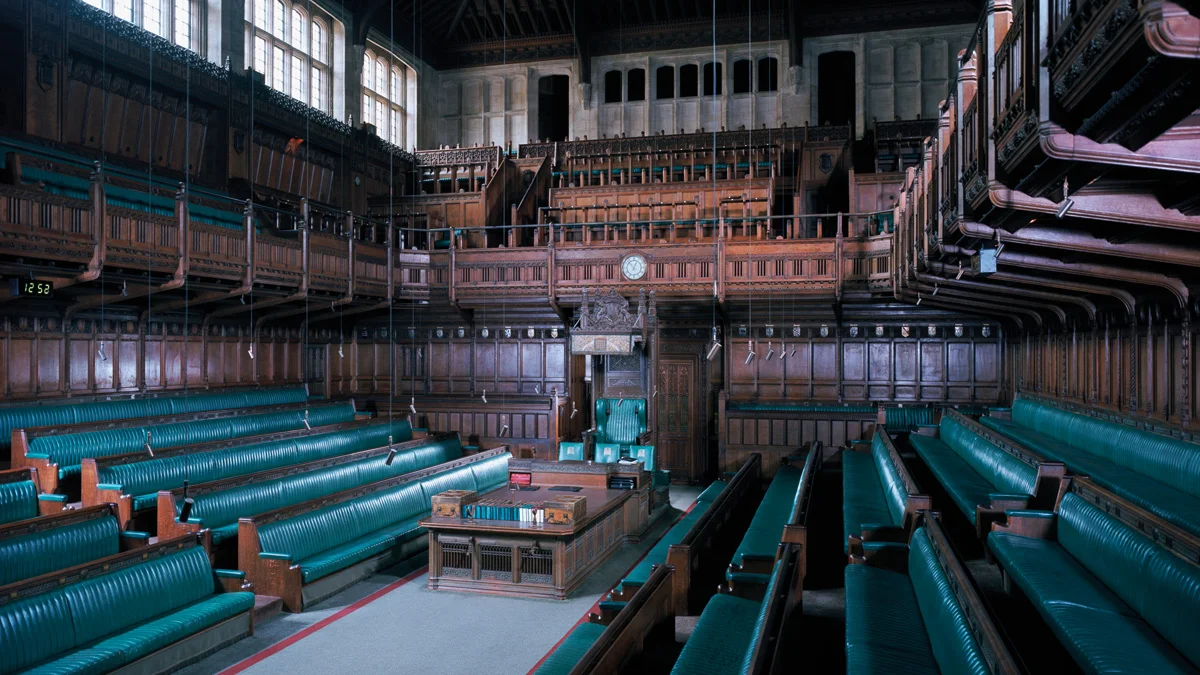
What would happen if every single business leader in the UK took six weeks off at the same time? If they collectively decided that they wouldn’t attend the office, wouldn’t make any decisions, wouldn’t talk to any of their staff, wouldn’t run any meetings – wouldn’t do anything at all? And what if they all did this at the drop of a hat with barely any notice?
Some readers might quite like the sound of this, but I think it’s hard to argue that the result wouldn’t be chaotic. Staff would probably go on an extended break as well. Several businesses would likely go under, jobs would undoubtedly be lost – it could take the economy years to recover.
And yet, during the general election campaign, this is exactly what every member of parliament did. It happens whenever an election is called. For a six-week period, MPs cease to be MPs. The UK’s 650 constituencies have no representation whatsoever. And does the country fall apart? No. It carries on.
It’s true that there is, nominally, a government, but without a legislature in place, there is very little it can do.
There are other examples of countries thriving without a government. From 2010 to 2011, Belgium went 589 days without one. During that time, the country enjoyed faster economic growth than the UK, Germany, France, Italy, Spain, the Netherlands, Finland and Switzerland. When the philosopher Roger Scruton was asked to name his favourite prime minister, he said Lord Salisbury because “he was in power for 13 years and nobody can name a single thing he did.”
So, as we welcome a new government, let’s hope it remembers that doing nothing can sometimes be the best option. Above all, let’s hope it remembers that while politicians may run the country, it’s business leaders who keep the country running.
There is one area where inaction is not the best course – and that is talking to each other. MPs are better than business leaders at this, they do it a lot. Debate after debate after debate. MPs spend their whole time talking to other MPs.
Unlocking growth
The country’s founders and CEOs, on the other hand, very rarely take the time to have detailed business discussions with fellow founders and CEOs. When they do connect, at a networking evening or conference, they’ll often end up talking not about business but about the weather, football or, God forbid, politics.
That’s why we’ve put peer-to-peer at the heart of our new membership programme for founders and CEOs of mid-sized companies. Our members will be placed in focused forum groups of no more than 10 people. They will meet eight times a year for three hours. During these meetings, they will share their challenges and opportunities with people who fully understand what it means to be a leader.
Unlike bickering MPs, they’ll ask: “What can I do to help you grow your business and what can you do to help me?”
In the US, where peer-to-peer forums are more prevalent, a CEO of a mid-sized business is almost twice as likely to turn that business into a large one compared with their UK equivalent. And the US hasn’t exactly been blessed with wonderful political leadership in recent years.
If we want to generate growth in this country, we need to get successful UK CEOs talking to each other and sharing ideas. So, if you really want to change this country for the better, you don’t need to become a member of parliament. You need to become a member of Business Leader.
Related and recommended
Richard Harpin, the founder of HomeServe and Growth Partner and owner of Business Leader, answers your burning business questions
Contestants from The Apprentice reveal the fundamental business lessons they learned from taking part in the TV show
From global talent pools to AI-powered documentation, a work-from-anywhere model is a new way of thinking about productivity, innovation and teamwork
The story of how cycling brought Business Leader member John Readman together with his co-founder and investors




